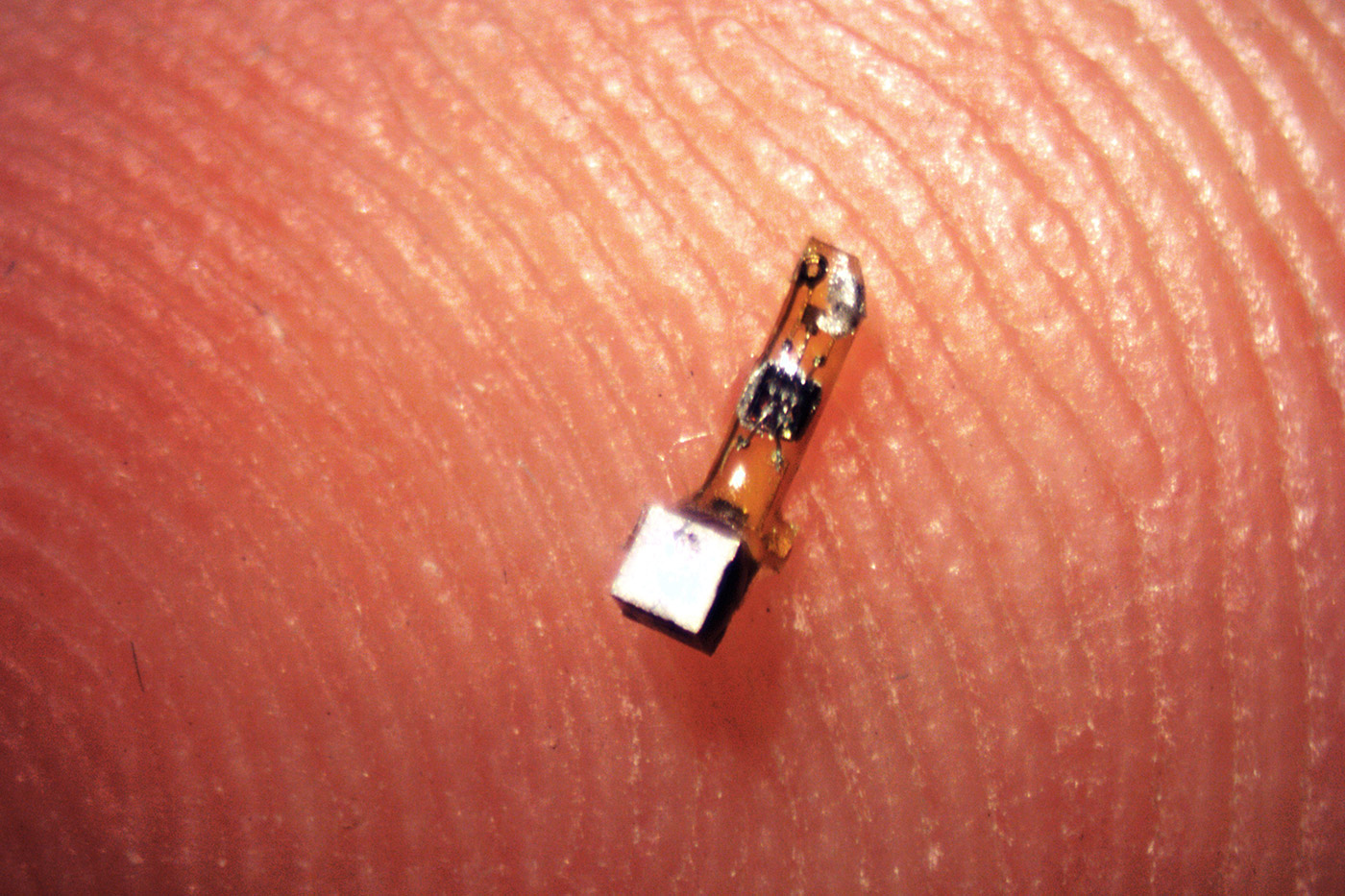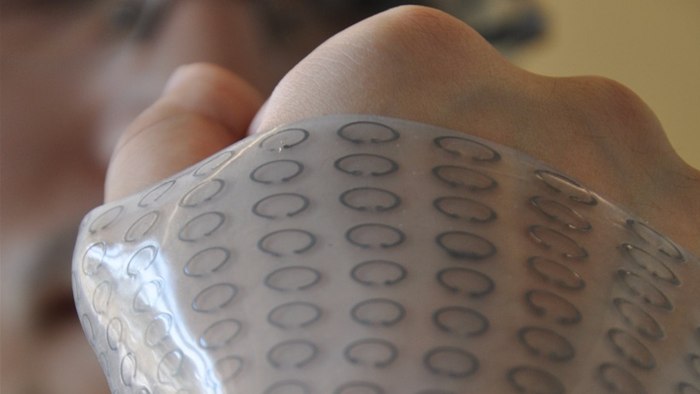 Computers are normally limited by the fixed nature of their chipsets: once the silicon is out of the factory, its capabilities are forever locked in. The City College of New York and University of California Berkeley have jointly developed a technique that could break chips free of these prisons and speed along quantum computing. They found that hitting gallium arsenide with a laser light pattern aligns the spins of the atoms under the rays, creating a spintronic circuit that can re-map at a moment's notice. The laser could be vital to quantum computers, which can depend heavily or exclusively on spintronics to work: a simple shine could get electrons storing a much wider range of numbers and consequently handling many more calculations at once. Research is only just now becoming public, however; even though gallium arsenide is common in modern technology, we'll need to be patient before we find quantum PCs at the local big-box retail chain. Despite this, we could still be looking at an early step in a shift from computers with many single-purpose components to the abstracted, all-powerful quantum machines we've held in our science fiction dreams.
Computers are normally limited by the fixed nature of their chipsets: once the silicon is out of the factory, its capabilities are forever locked in. The City College of New York and University of California Berkeley have jointly developed a technique that could break chips free of these prisons and speed along quantum computing. They found that hitting gallium arsenide with a laser light pattern aligns the spins of the atoms under the rays, creating a spintronic circuit that can re-map at a moment's notice. The laser could be vital to quantum computers, which can depend heavily or exclusively on spintronics to work: a simple shine could get electrons storing a much wider range of numbers and consequently handling many more calculations at once. Research is only just now becoming public, however; even though gallium arsenide is common in modern technology, we'll need to be patient before we find quantum PCs at the local big-box retail chain. Despite this, we could still be looking at an early step in a shift from computers with many single-purpose components to the abstracted, all-powerful quantum machines we've held in our science fiction dreams.
CCNY, UC Berkeley develop lasers that could rewrite quantum chips, spin those atoms right round originally appeared on Engadget on Wed, 27 Jun 2012 04:26:00 EDT. Please see our terms for use of feeds.
Permalink |
 CCNY, Nature
CCNY, Nature |
Email this |
Comments
 To those of you who dream of going to space: Sorry, but that may never happen. However, NASA is once again counting on the public for help understanding what's beyond our world. All we have to do is look at some photos online.
Today marks the launch...
To those of you who dream of going to space: Sorry, but that may never happen. However, NASA is once again counting on the public for help understanding what's beyond our world. All we have to do is look at some photos online.
Today marks the launch...
 To those of you who dream of going to space: Sorry, but that may never happen. However, NASA is once again counting on the public for help understanding what's beyond our world. All we have to do is look at some photos online.
Today marks the launch...
To those of you who dream of going to space: Sorry, but that may never happen. However, NASA is once again counting on the public for help understanding what's beyond our world. All we have to do is look at some photos online.
Today marks the launch...
 Ready for some hardcore science about transistor elements that are a fraction of the width of a human hair? Good, because that's what this post is all about. "The semiconductor industry has long assumed that any gate below 5 nanometers wouldn't work,...
Ready for some hardcore science about transistor elements that are a fraction of the width of a human hair? Good, because that's what this post is all about. "The semiconductor industry has long assumed that any gate below 5 nanometers wouldn't work,...
 See that minuscule component in the image above? That's a wireless sensor, and someday, doctors could slip it into our bodies to monitor our organs like a microscopic Fitbit or even to give quadri- and paraplegics the power to control robotic arms or...
See that minuscule component in the image above? That's a wireless sensor, and someday, doctors could slip it into our bodies to monitor our organs like a microscopic Fitbit or even to give quadri- and paraplegics the power to control robotic arms or...
 We've seen the horrific results of Google's servers taking acid and interpreting photos with DeepDream, but what happens when a neural network does something altogether less terrifying with snapshots? It'll go all Ted Turner and colorize black and wh...
We've seen the horrific results of Google's servers taking acid and interpreting photos with DeepDream, but what happens when a neural network does something altogether less terrifying with snapshots? It'll go all Ted Turner and colorize black and wh...
 We've been inching closer to real-life invisibility cloaks for a bit now, but going full on Harry Potter in the Hogwarts library is probably still a ways off. The latest advancement in metamaterial-based vanishing tech from Iowa State University guar...
We've been inching closer to real-life invisibility cloaks for a bit now, but going full on Harry Potter in the Hogwarts library is probably still a ways off. The latest advancement in metamaterial-based vanishing tech from Iowa State University guar...
 As much as I love watching movies, I'm not doing it for work and don't really need to worry about finding a specific scene or line of dialogue as fast as possible. But I'm not a film scholar or student, so those folks have it a little tougher when...
As much as I love watching movies, I'm not doing it for work and don't really need to worry about finding a specific scene or line of dialogue as fast as possible. But I'm not a film scholar or student, so those folks have it a little tougher when...

